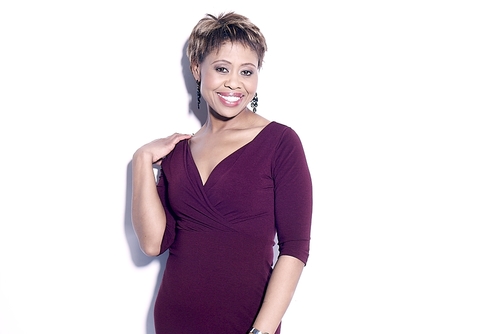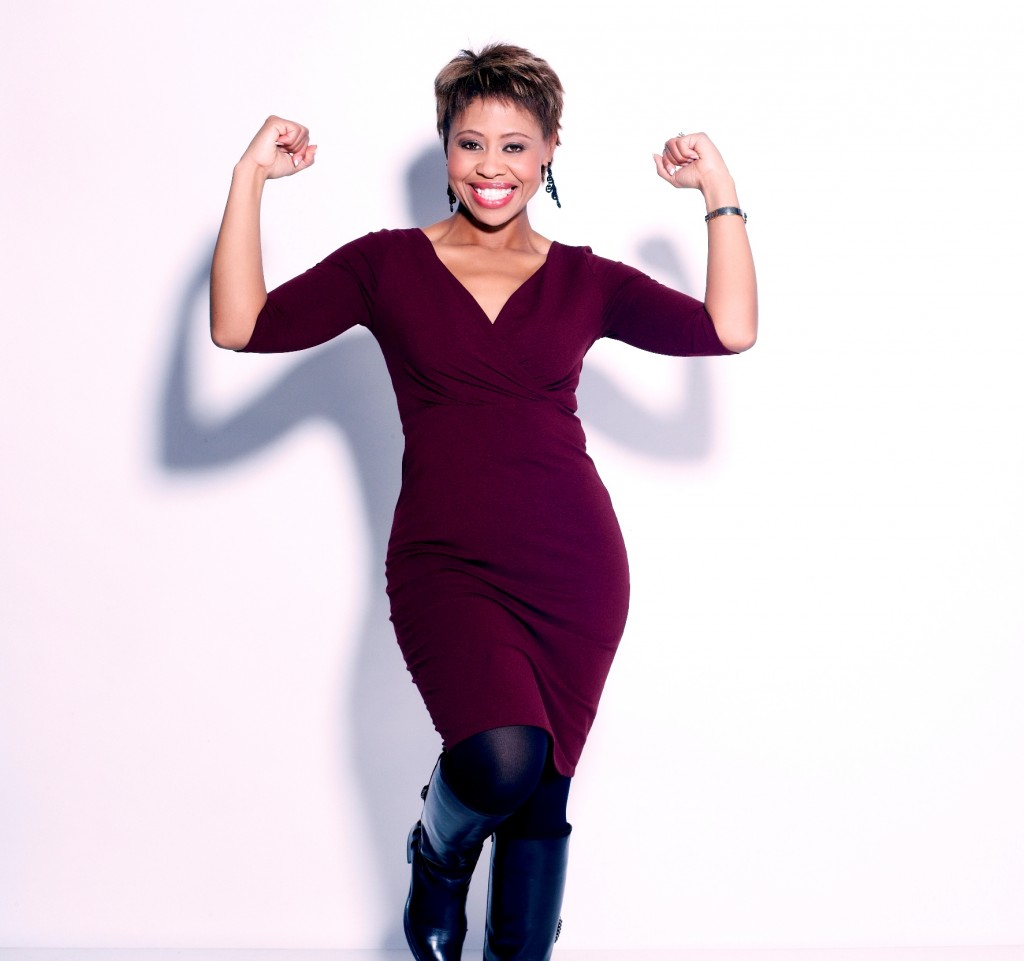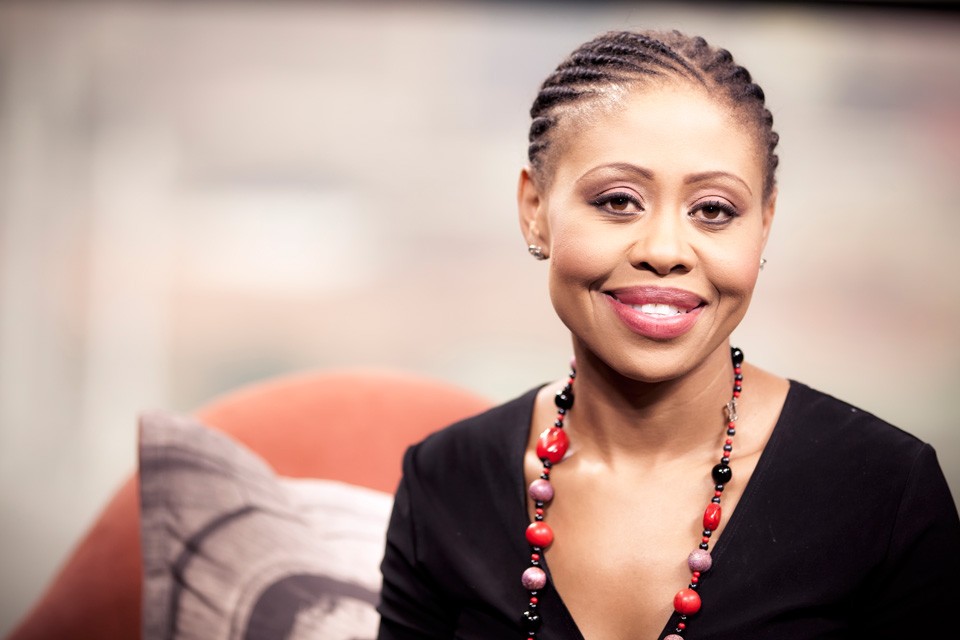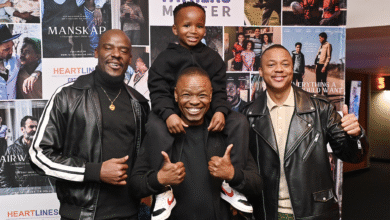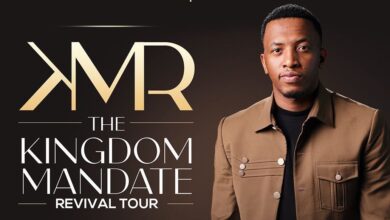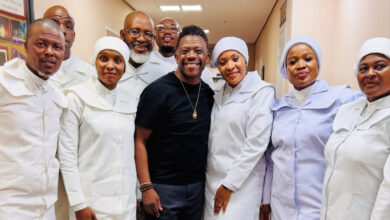Interview With Talk Radio 702 Host- Redi Tlhabi
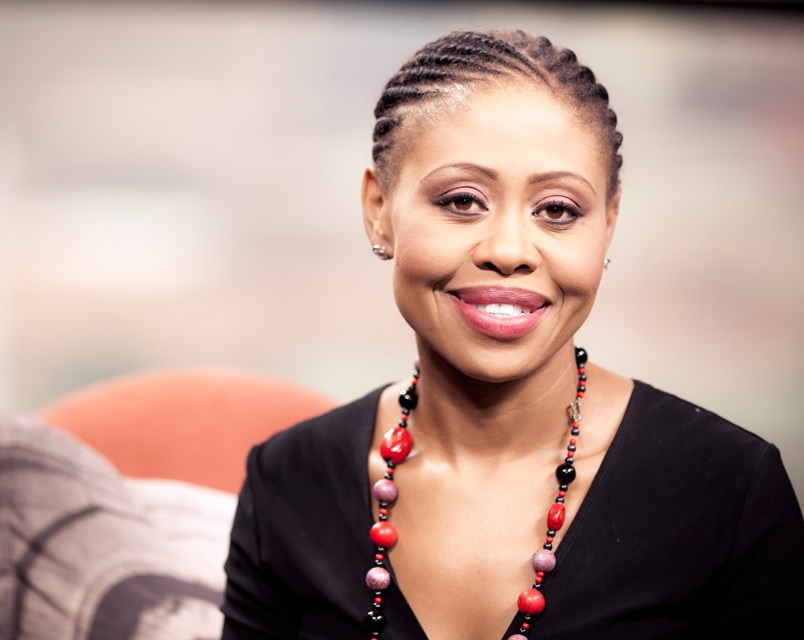
Redi Tlhabi is a South African journalist, producer and television and radio presenter who is popularly known for hosting a talk show on radio 702. We had an opportunity to speak to Redi Tlhabi and in this inspiring interview, she tells us about her career, future aspirations and all that inspires her in life.
YV: What were you like growing up?
I was generally a happy child, quite on the serious side, I loved reading, dressing up and day dreaming about my future. I grew up in Orlando East, the oldest part of Soweto and it was a privilege to grow up in a community rich with diversity. We spoke different languages, attended different church denominations etc. This I think, helped me with a consciousness around difference and diversity.
YV: Did you always dream of being in the entertainment industry?
I am a journalist, a talk show host, a writer, so I see myself as being in the media industry and I think there is a distinct difference between entertainment and tackling news and current affairs topics that are laden with socio economic difficulties like unemployment, poverty, crime, discrimination. My work entails a focus on social ills, and hopefully provides a platform to interrogate constructive solutions.
YV: Who do you look up to for inspiration and why?
I don’t have a specific person to whom I look up. I just generally tend to admire different attributes in different people. From the guests that I interview, to the books that I read, there are people from all walks of life who display traits that I admire. Sometimes, they are fictional characters and sometimes they are the ordinary people who come on my show, having achieved extraordinary things despite their limitations. That inspires me.
YV: Tell us about an accomplishment that you consider to be the most significant in your career?
My entire career has been a fulfilling journey but I am particularly satisfied when we are able to resolve a crisis for someone who is voiceless. The debates that I have hosted on international platforms like Aljazeera and the BBC are also significant because they amplified influential and significant voices from the global south.
YV: What qualities do you think one should have in order to succeed?
I think it is important to define your purpose in life. What we do for a living is not purpose. Purpose is WHY we do what we do. I think once and individual defines his or her purpose, it lays a firm foundation for a greater impact on humanity. I define success as making a mark and impact that transcends the individual. I think to achieve them, you have to be connected to the society in which you work, stay focused especially when the going gets tough and keep an inquiring mind. The biggest obstacle to our success is closing the mind to further learning. It is important to always know that there is a lot that you don’t know.
YV: How do you balance family life with work?
I am very strict with my time. I manage my time very strictly and when I am at work, I give it my all so that when I am at home, I can truly focus on my family without letting work encroach on that space. To create functional societies, we need to raise well adjusted children and I think that requires stability at home. Emotional stability that cannot be achieved without the presence of parents. I have given up a lot of my freelance work so that I can be present in my daughter’s afternoon activities.
YV: If you can change one thing about yourself, what would it be?
It is very difficult to answer this because I do not function in the realm of perfection. I do not see life that way. The question suggests that life cannot make room for our idiosyncrasies, dispositions and characteristics. As a life philosophy, I believe we continue to strive for excellence. I am more concerned about doing things better, more excellently and consciously, rather than consciously changing something about myself. If change occurs it would be a by product of a journey and a lived experience.
YV: What is your best holiday destination?
Paris is my favourite destination. It is chic and beautiful. I love its rich history and cultural offerings which are firmly imprinted on its landscape. I love shopping and I find it easy and exciting to navigate my its many streets.
YV: Who is your favourite SA musician?
I love Sibongile Khumalo. She is legendary. It is not just her magical voice but also her larger than life personality. She has this magnetic presence that draws you in when she performs. I love the fact that she displays a consciousness not just of her craft but of her society. It is also admirable that she continued to invest in herself and did not just count on her incredible voice. She has the academic qualifications to back her talent. Young people could learn from her.
YV: What do you do get up to during your free time?
I read a lot and since my baby arrived, I am not getting through all my books with the same speed. She grabs my books and often wants to play. We are already reading together so that is quite exciting.
YV: The first thing you do when you wake up is?
Apart from the obvious (brushing teeth, getting cleaned up), I run, to keep fit and clear my mind. I love running very early in the morning at 5am, some days it is 4am , depending on my training programme and marathon goals.
YV: Which book are you reading now?
Salman Rushdie’s forthcoming eleventh novel, Two Years, Eight Months and Twenty-Eight Nights. It has not been published yet but I was one of the lucky people to receive the coveted copy without corrections.
YV: What do you think can be done to overcome that South African youth are facing?
We need to invest in their education and skills development. This is an effective tool to use fight inequality. We are living in a highly competitive world and the priority should be to make our young people globally competitive and for that to happen they need education, education that is designed to respond to the economic realities of our times. I think that what we are doing is teaching our children to be ready for the world of work, for jobs. But there are no jobs. So we are failing them by not exposing them to a new reality and that is to imagine themselves as creators of jobs rather than seekers of jobs. Economies that grow, are those that put an emphasis on entrepreneurship. In our country we talk about entrepreneurship but are we teaching young people to identify societal needs and craft ideas that address those needs. These are the ideas that turn into businesses. I am not convinced that we are doing enough to cause a disruption in our thinking. We are sending the wrong message to young people – that they must qualify and look for work. There is nothing wrong with that. But we should be making entrepreneurship the norm as well.
YV: Where do you see yourself in the next ten years?
I take life in bite sizes. Huge chunks are hard to chew and swallow. Ten years is too far out to think about. For the moment, I am investing in my education. I hope to write and publish more. In the broadcasting field, there are some interviews that I wish to conduct before I retire and I am working on those.
YV: Any advice for young people out there?
To emphasise my point above…young people must be prepared but also assisted to reconfigure the work. It is no longer what it was. I advice them to reflect deeply on their society and the dynamics within. This I believe would help them search for and produce knowledge and from that knowledge, hopefully, ideas will flow. Businesses, arts, academia are fed by ideas. They need to imagine themselves as creators of jobs. Successful businesses are those that respond to needs. Young people must know that there is no government looking out for them, they must grab all the chances that life gives them and use them optimally.

